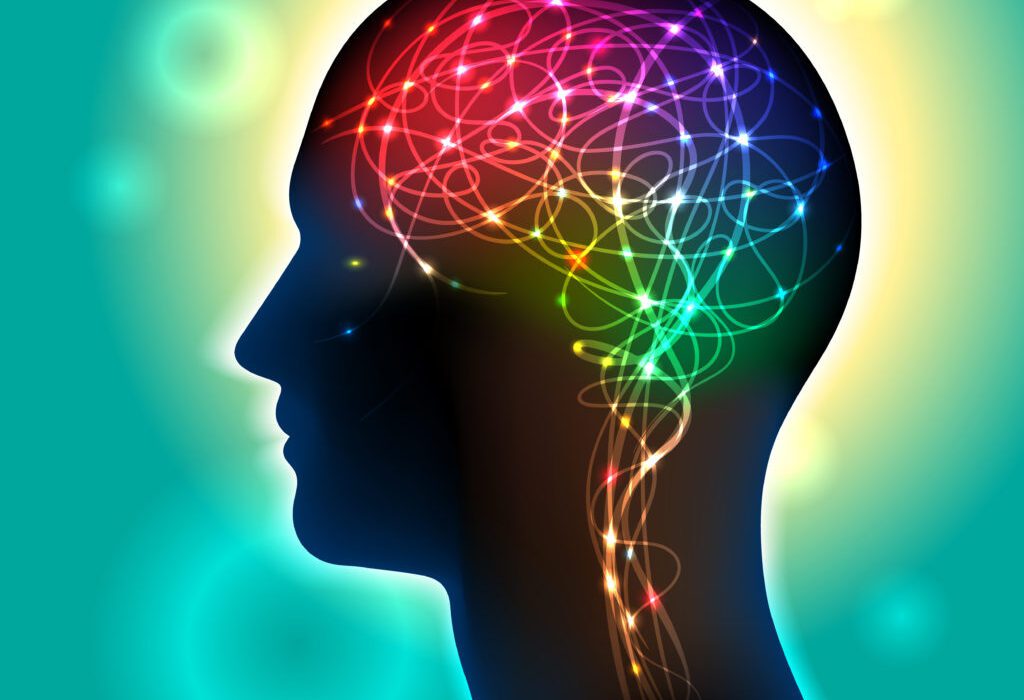Self-analysis is the process of introspecting and examining one’s own thoughts, feelings, and behaviors in order to gain a deeper understanding of oneself. It is a crucial step towards personal growth, self-improvement, and self-awareness. Through self-analysis, we can identify our strengths and weaknesses, discover our values and beliefs, and gain insights into our patterns of behavior.
Self-analysis is not an easy task. It requires honesty, self-reflection, and a willingness to confront our inner demons. However, the benefits of self-analysis are numerous. By gaining a deeper understanding of ourselves, we can improve our relationships with others, increase our self-esteem, and live a more fulfilling life. In this article, we will explore the concept of self-analysis in depth and provide practical tips on how to engage in this process.
Why is self-analysis important?
Self-analysis is important because it helps us to gain a better understanding of who we are as individuals. It allows us to identify our strengths and weaknesses, our likes and dislikes, and our values and beliefs. By gaining this insight, we can make better decisions, set appropriate goals, and develop a more positive outlook on life.
Self-analysis also helps us to identify patterns of behavior that may be holding us back. For example, if we have a tendency to procrastinate, self-analysis can help us to understand why we do this and what we can do to change it. By understanding our behavior patterns, we can take steps to change them and become more productive and successful.
In addition, self-analysis can help us to improve our relationships with others. By understanding our own feelings and behaviors, we can become more empathetic towards others and develop better communication skills. This can lead to more positive and fulfilling relationships.
How to engage in self-analysis?
Self-analysis can be a difficult and uncomfortable process. However, there are a number of techniques that can help us to engage in this process in a more effective and productive way.
- Keep a journal
One of the most effective ways to engage in self-analysis is to keep a journal. By writing down our thoughts and feelings, we can gain a deeper understanding of ourselves and our behavior patterns. This can also help us to identify areas where we need to make changes and set goals for ourselves.
- Practice mindfulness
Mindfulness is the practice of being present in the moment and observing our thoughts and feelings without judgment. By practicing mindfulness, we can become more aware of our emotions and behavior patterns. This can help us to identify areas where we need to make changes and develop new habits.
- Seek feedback from others
Another effective way to engage in self-analysis is to seek feedback from others. This can be done through asking for feedback from friends, family, or colleagues. By getting an outside perspective, we can gain insights into our behavior patterns and identify areas where we need to make changes.
- Use self-assessment tools
There are a number of self-assessment tools available that can help us to gain insights into our personality, behavior patterns, and values. These tools can provide us with a starting point for self-analysis and help us to identify areas where we need to make changes.
- Identify and challenge negative thoughts
Negative thoughts can be a major barrier to self-analysis. By identifying and challenging these thoughts, we can become more objective and gain a deeper understanding of ourselves. This can also help us to develop a more positive outlook on life.
Conclusion
Self-analysis is a crucial step towards personal growth and self-awareness. By gaining a deeper understanding of ourselves, we can identify our strengths and weaknesses, develop new habits, and improve our relationships with others. Although self-analysis can be difficult and uncomfortable, there are a number of techniques that can help us to engage in this process in a more effective and productive way.
What is self-analysis?
Self-analysis is the process of introspecting and examining one’s own thoughts, feelings, and behaviors in order to gain a deeper understanding of oneself.
Why is self-analysis important?
Self-analysis is important because it helps us to gain a better understanding of who we are as individuals. It allows us to identify our strengths and weaknesses, our likes and dislikes, and our values and beliefs. By gaining this insight, we can make better decisions, set appropriate goals, and develop a more positive outlook on life.
How can I engage in self-analysis?
There are several ways to engage in self-analysis, including keeping a journal, practicing mindfulness, seeking feedback from others, using self-assessment tools, and identifying and challenging negative thoughts.
Is self-analysis difficult?
Self-analysis can be a difficult and uncomfortable process because it requires honesty, self-reflection, and a willingness to confront our inner demons. However, the benefits of self-analysis are numerous, including personal growth, self-improvement, and self-awareness.
Can self-analysis improve relationships with others?
Yes, self-analysis can improve relationships with others by helping us to understand our own feelings and behaviors, become more empathetic towards others, and develop better communication skills.







